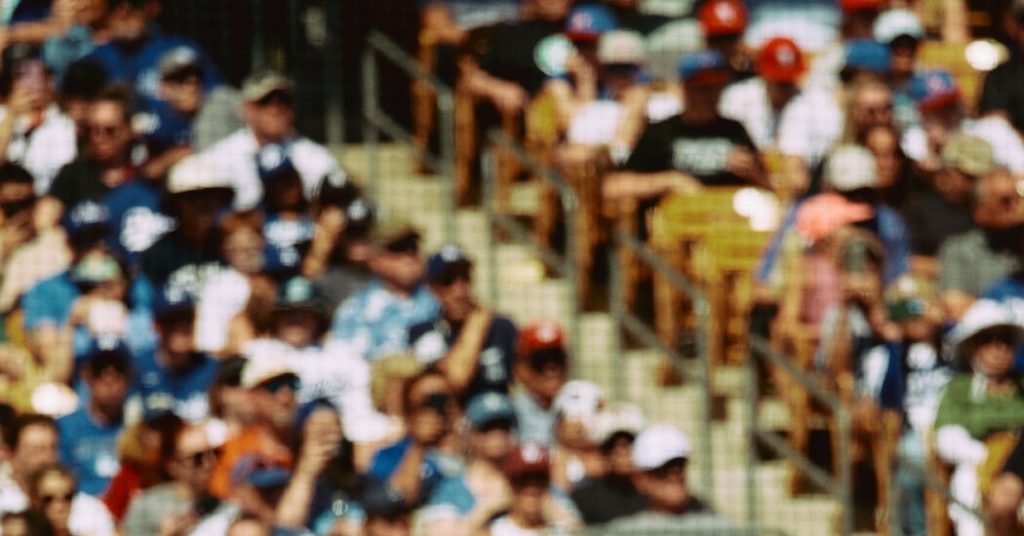Shohei Ohtani, a baseball star with a monumental stature both on and off the field, has captivated fans on both sides of the Pacific. A Japanese two-way player, Ohtani signed a record-breaking deal with the Los Angeles Dodgers in December, further cementing his celebrity status. The Little Tokyo neighborhood in Los Angeles dedicated a mural to Ohtani, symbolizing the deep connection between the United States and Japan that baseball has fostered over the years, especially in communities like Little Tokyo.
The relationship between Japanese Americans and baseball dates back to the introduction of the sport to Japan in 1872. In Los Angeles, which boasts a large Japanese American enclave, the Dodgers are a cherished part of the community, offering a sense of tradition and nostalgia. Ohtani’s arrival has energized Japanese Americans in the area, many of whom have followed his career from his early days as a high school baseball prodigy in Hokkaido.
However, Ohtani’s stellar career has been overshadowed by a recent gambling scandal involving his former interpreter. Reports of payments to an illegal bookmaker led to the interpreter’s dismissal by the Dodgers and raised questions about Ohtani’s involvement. While Ohtani denied any personal involvement in sports betting, investigations by Major League Baseball and the I.R.S. are ongoing, leaving fans concerned but hopeful that the issue is just a temporary setback.
The long history of Japanese players in Major League Baseball includes luminaries such as Hideo Nomo, Ichiro Suzuki, Kenta Maeda, and Yu Darvish. Ohtani’s dual threat as a hitter and pitcher has placed him at the forefront of this legacy, with fans eagerly awaiting his future accomplishments. The involvement of Japanese Americans in baseball has deep historical roots, from pre-World War II internment camps to the current era where Ohtani symbolizes the pinnacle of success for Japanese players.
For fans in Los Angeles, Ohtani’s impact goes beyond his performance on the field. With the Japanese American population facing demographic challenges and a changing cultural landscape, Ohtani’s potential involvement in community activities could provide a boost to the neighborhood. Supporters hope that Ohtani will engage with organizations like the Japanese American National Museum and participate in local events, like the Nisei Week parade, to connect with the community that has embraced him.
While the gambling scandal involving Ohtani’s former interpreter has cast a shadow over his early days as a Dodger, fans remain optimistic about his future with the team. The Dodgers faithful, including Japanese American fans like Kristin Fukushima, are eager to see Ohtani thrive in Los Angeles and potentially become a unifying figure for the diverse community in Little Tokyo. Despite the challenges, there is a sense of warmth and support awaiting Ohtani as he continues his career with the Dodgers and represents the bonds between Japan and the United States through the universal language of baseball.


